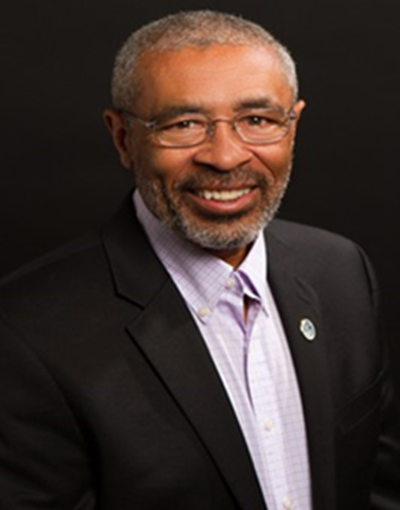Who are going to be the next river protectors and stewards of the land? I never thought I would spend so much time obsessed with this question; I am not alone. Black outdoor photographer/author Dudley Edmondson writes in his 2006 book Black and Brown Faces in America’s Wild Places, “People of color will no doubt be the new stewards of the land, sentinels on watch for environmental protection as the nation’s population demographics change, shifting away from the once white majority.” The real question is, “Will the projected majority be prepared for this enormous task?”
I grew up outdoors, near the East Coast, surrounded by Black folks. I never imagined that someday I would settle in the “upper left.” The journey West, then North, began with an Army snafu that sent me from Vietnam to Colorado in ‘72. Now, over fifty plus years out West, I still have a longing for the familiar geography of my childhood. I miss most the Fall colors, the familiar creeks and the everyday company of Black faces in wild spaces.
On September 10th of this year my father would have turned 103. Pop and his friends taught me everything they knew about living with, surviving and respecting nature. His first serious lesson was, “Leave it better than you found it.” Although Pop has been gone from this earth for well over a decade, I still miss him dearly, especially when I set foot in nature, in a trout stream or float a river, which I always try to do on his birthday. He would be thrilled with Dudley Edmondson’s prediction.
During my youth I developed a deep passion for visiting, playing and working outdoors. Yet, never once did I consider turning that passion into a profession. There are published accounts in my family archives of one of my great, great relatives who was actually paid to hunt and fish, but that’s it. As a young adult I did not know a single Black person who worked for the Department of Fish and Game, the Forest Service, or National Park Service. Like so many young Black kids I cast my lot at sports. I was a three-sport athlete but I was the best at football. Playing in the NFL was my dream job.
Visiting, playing, volunteering or working in the outdoors needs to be front and center in our Black collective thinking. According to a 2020 report, only 4% of National Park Service (NPS) Rangers were Black. The NPS is considered one of the least diverse in the federal government. Of the visitors to the 419 national parks in this country 23% identified as people of color and only 1% self-identified as African American. At some point we must have come to believe that we do not belong out there.
However, Black men have historically been ‘out there’ and involved in protecting and preserving large tracts of public lands, a practice officially started soon after the Civil War. Vast tracks of land in the West were already under Federal protection. The Army supervised these lands that became national parks in 1916. The first park rangers were Black – Buffalo Soldiers – stationed at what is now Yosemite National Park.
In 1903 Charles Young, a Black man born into slavery in 1864, became the third African American graduate of the United States Military Academy in 1889. Captain Young was assigned to lead the 24th Regiment of Infantry and the 9th Regiment of Cavalry, at the Presidio of San Francisco. While there, Young was appointed the first acting Superintendent of Sequoia and General Grant National Parks.
Unlike the Buffalo Soldiers who fought in the Indian Wars, these troops were there to protect the natural resources of the Parks from being exploited. They built park infrastructure and hosted tourists and politicians. Young also established the practice of dedicating trees in honor of prominent figures as a means of promoting their preservation. For example he dedicated the Redwood to Booker T. Washington of Tuskegee University. It is said that Young and his men helped shape the role of the modern-day park ranger. So, who are going to be the next river protectors and stewards of the land? We are!
Dr. Robert L. “Bob” Bartlett is a retired educator. He retired from Gonzaga University in 2007 and Eastern Washington University in 2020.
